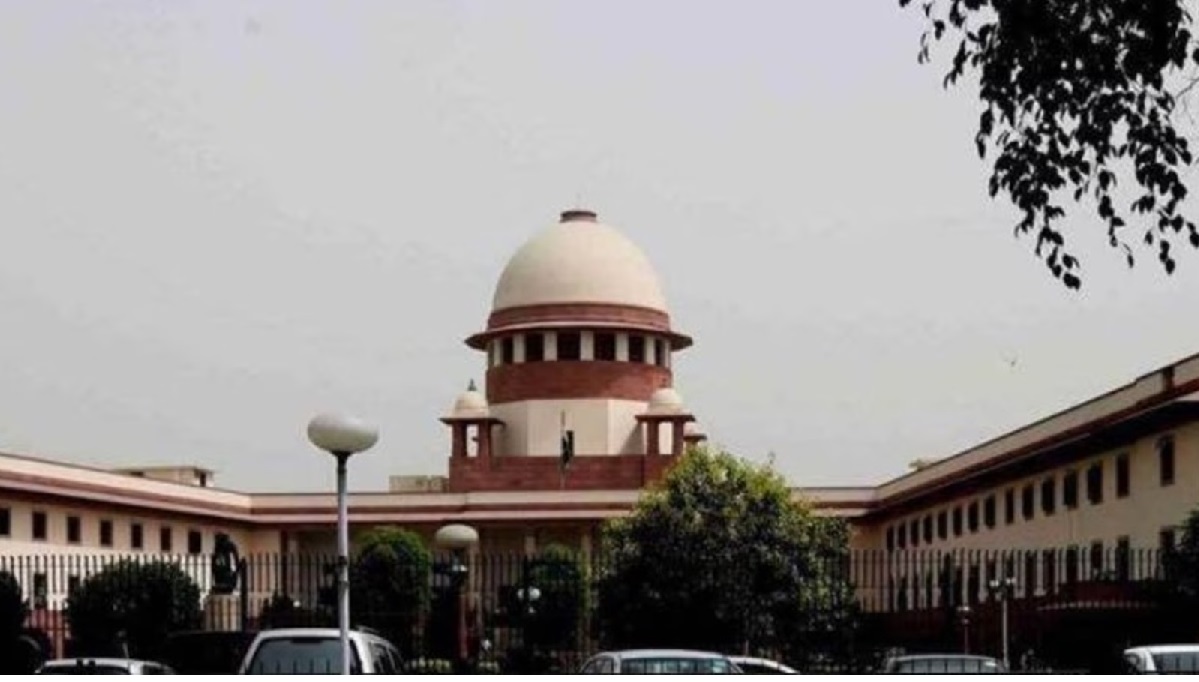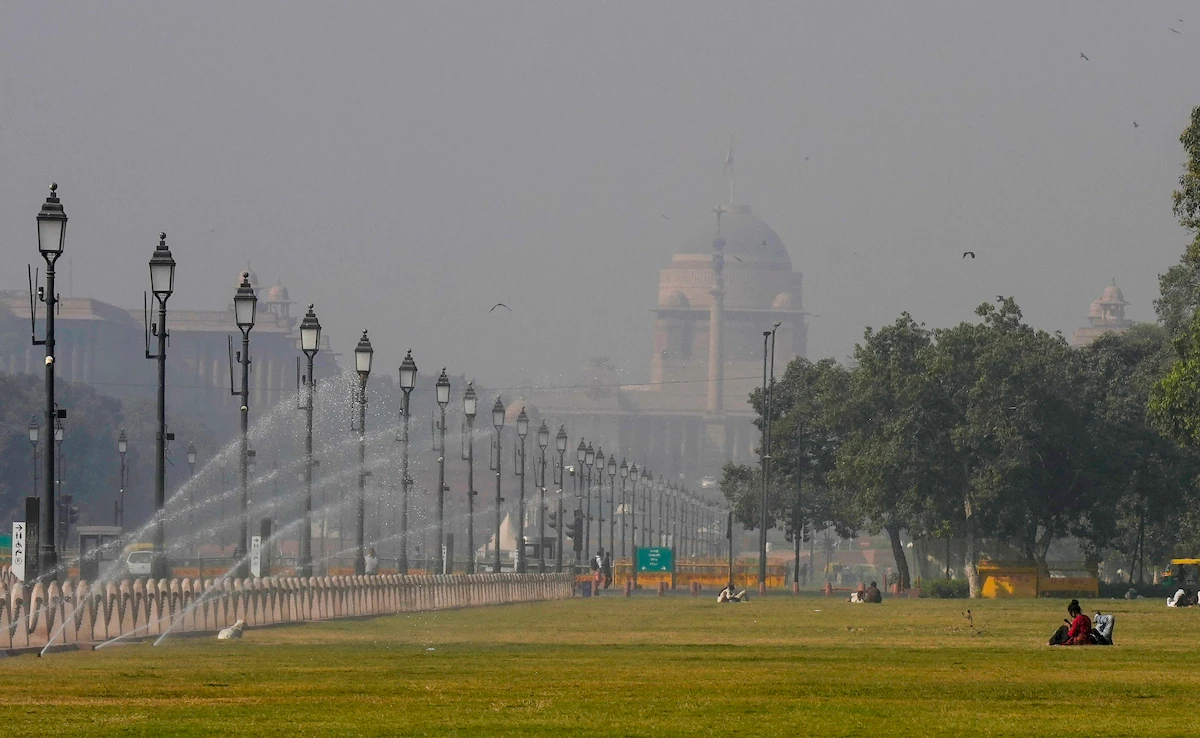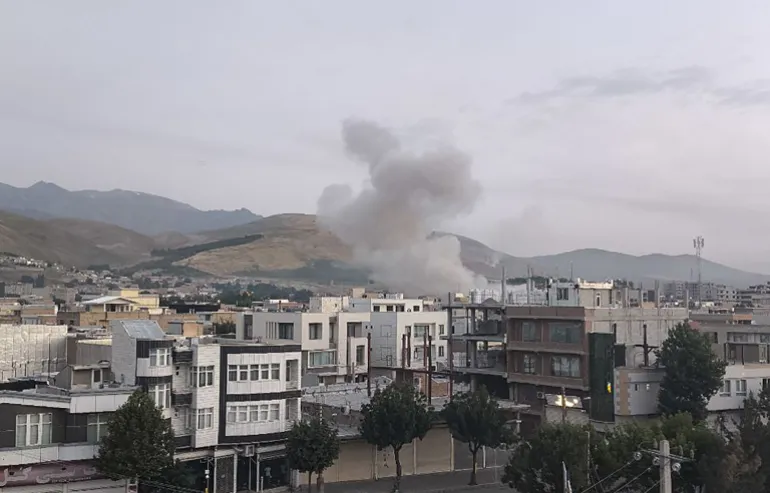- Courses
- GS Full Course 1 Year
- GS Full Course 2 Year
- GS Full Course 3 Year
- GS Full Course Till Selection
- Answer Alpha: Mains 2025 Mentorship
- MEP (Mains Enrichment Programme) Data, Facts
- Essay Target – 150+ Marks
- Online Program
- GS Recorded Course
- NCERT- First Ladder
- Polity
- Geography
- Economy
- Ancient, Medieval and Art & Culture AMAC
- Modern India, Post Independence & World History
- Environment
- Governance
- Science & Technology
- International Relations and Internal Security
- Disaster Management
- Ethics
- Current Affairs
- Indian Society and Social Issue
- CSAT
- 5 LAYERED ARJUNA Mentorship
- Public Administration Optional
- ABOUT US
- OUR TOPPERS
- TEST SERIES
- FREE STUDY MATERIAL
- VIDEOS
- CONTACT US
Supreme Court: “Reservation Cannot Be on the Basis of Religion.”
Supreme Court: “Reservation Cannot Be on the Basis of Religion.”
18-12-2024

- On December 9, 2024, the Supreme Court of India orally observed that “reservation cannot be on the basis of religion.”
- This observation was made during a hearing regarding a challenge to the Calcutta High Court’s ruling in May 2024, which struck down OBC reservations for 77 classes, predominantly from the Muslim community, under the OBC quota.
- The court found that the reservations were based solely on religion, without using objective criteria to determine backwardness.
- Similarly, on November 26, 2024, the Supreme Court refused to recognize the Scheduled Caste (SC) status of a woman after she and her family had converted to Christianity, emphasizing the relationship between religion and reservations in India.
- These two cases brought the religion-reservation debate into focus, especially concerning OBC and SC quotas.
Religion as a Criteria for OBC Reservations:
-
Constitutional Basis:
- Article 16(4) of the Indian Constitution grants the State the power to provide reservations to any backward class of citizens that is not adequately represented in state services.
- The article, however, does not specify religion as a valid criterion for determining backwardness.
- Religious communities are not explicitly excluded from receiving reservations, but the criteria for determining backwardness should primarily be based on social and economic status, not religion.
-
State-Level Examples:
- Kerala began granting OBC reservations for Muslims as early as 1956, and other states such as Karnataka (1995) and Tamil Nadu (2007) have also extended such reservations to Muslim communities.
- Karnataka's Muslim Reservation (1995) was introduced after the Third Backward Classes Commission of the state (chaired by Justice O. Chinnappa Reddy) found that Muslims, as a whole, could be considered socially and economically backward.
- The Sachar Committee Report (2006), which was set up by the Central Government, found that Muslims, particularly from the OBC category, faced abysmally low representation in central government departments and agencies, reinforcing the case for providing reservation benefits to Muslim OBCs.
-
Indra Sawhney Judgment (1992):
- This landmark judgment by the Supreme Court set an important precedent by ruling that reservation benefits for OBCs could not be granted solely on the basis of religion, race, caste, or sex.
- It said that socio-economic backwardness should be the central criterion for granting reservations.
- The court held that while group identities like religion and caste can be considered, they cannot be the sole basis for providing reservations.
- Instead, the focus should be on addressing historical discrimination and socio-economic disparities.
-
Calcutta High Court Ruling (May 2024):
- In May 2024, the Calcutta High Court struck down OBC reservations granted to 77 Muslim classes, ruling that religion was the primary basis for identifying them as backward, without applying any objective criteria.
- The Court held that these groups had been classified as OBCs purely based on their religious identity, not their socio-economic status.
Religion as a Barrier in SC Reservations
- Article 341(1) of the Indian Constitution empowers the President to identify castes, races, or tribes that are deemed to be Scheduled Castes (SCs). However, it imposes a crucial restriction in Clause 3:
- Clause 3 of the Scheduled Castes Order, 1950 excludes individuals who convert to Christianity or Islam from the SC list.
- This means that if a person who belonged to a Scheduled Caste in Hinduism or other Indian religions like Sikhism or Buddhism converts to Christianity or Islam, they are no longer eligible to be recognized as a Scheduled Caste under the law.
- According to the 1950 Order, the benefits of being recognized as a Scheduled Caste are available only to individuals who practice Hinduism, Sikhism, or Buddhism.
- This means that if a person belongs to a community that is listed as a Scheduled Caste in Hinduism, Sikhism, or Buddhism, they are eligible for SC benefits.
- However, this does not extend to individuals who follow other religions, such as Christianity or Islam, even if they come from historically disadvantaged caste backgrounds.
-
Soosai v. Union of India (1985):
- This case involved a Scheduled Caste man, Soosai, who belonged to the Adi-Dravida community but converted to Christianity.
- He was denied access to government schemes for SCs.
- The Supreme Court ruled that even though Soosai came from a Scheduled Caste, his conversion to Christianity did not automatically entitle him to SC benefits.
- The Court ruled that a person must show that the oppression and discrimination they suffered from their caste identity continues even after conversion.
-
Efforts to Include Religious Converts in SC List:
- In 1996, the P. V. Narasimha Rao government introduced a Bill to amend the Scheduled Castes Order, 1950, to include Christian converts.
- However, this Bill was never tabled in Parliament, and the issue remained unresolved.
- In 2007, the Ranganath Mishra Commission, created by the Central Government, recommended that religious conversion should not affect a person's SC status if they were originally from a Scheduled Caste.
- The Commission argued that caste-based discrimination was pervasive across all religions in India, and thus converts should retain their SC benefits.
- However, the Centre has disputed the Ranganath Mishra Commission’s findings, and the issue of including religious converts under the SC category has remained a contentious topic in Indian politics and law.
Ongoing Legal Challenges and Questions for the Supreme Court
-
Ghazi Saaduddin v. State of Maharashtra (2004):
- This case challenges the constitutionality of Clause 3 of the Scheduled Castes Order.
- The petitioners argue that the exclusion of religious converts (especially those who convert to Christianity or Islam) from the SC list is unjust.
- The Supreme Court in 2011 ordered that it would examine Clause 3 and the constitutionality of excluding Christian and Muslim converts from the SC list, alongside Sikhs and Buddhists.
- In April 2024, the Court decided to delay hearing the case, stating that the Centre had appointed a new commission to investigate whether religious converts should retain SC status.
- This commission, headed by former Chief Justice of India K.G. Balakrishnan, has been conducting public hearings and has received an extension until October 2025 to submit its final report.
-
OBC Reservations for Muslims:
- The Andhra Pradesh government passed a law in 2005 granting 5% OBC reservations for Muslims.
- However, the Andhra Pradesh High Court struck down the law in the same year, ruling that the government did not use objective criteria to classify Muslims as a backward class.
- The Supreme Court is still considering whether it is constitutional to provide OBC reservations to religious groups as a whole.
- The case is pending, with no final decision yet.
Conclusion and Ongoing Debate
The relationship between religion and reservation policies in India remains complex and controversial. While the Constitution provides for reservations based on socio-economic backwardness, the role of religion in determining eligibility for these benefits has led to multiple legal challenges. The Supreme Court and government continue to navigate these challenges, aiming to balance affirmative action with the need for social justice, while ensuring that reservations are provided based on objective criteria that address historical inequalities.
| Also Read | |
| UPSC Prelims Result | UPSC Daily Current Affairs |
| UPSC Monthly Mgazine | Previous Year Interview Questions |
| Free MCQs for UPSC Prelims | UPSC Test Series |
| ENSURE IAS NOTES | Our Booklist |




